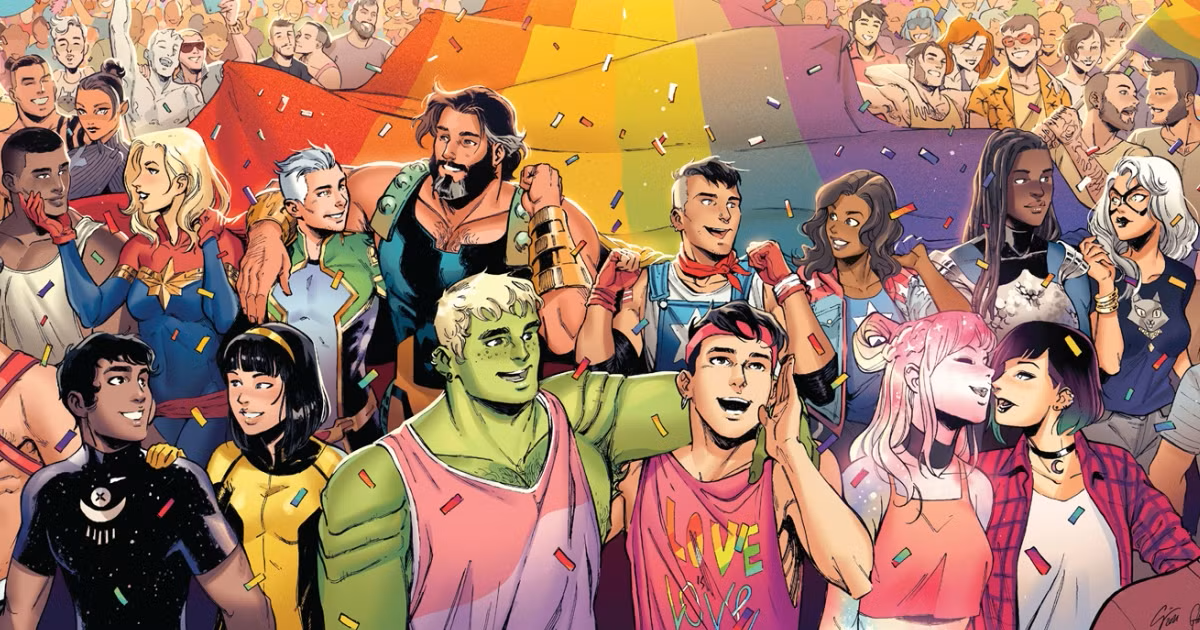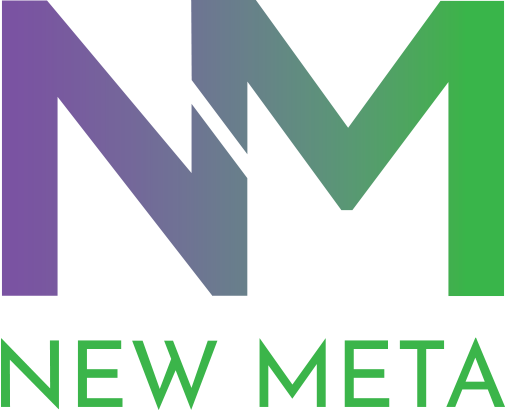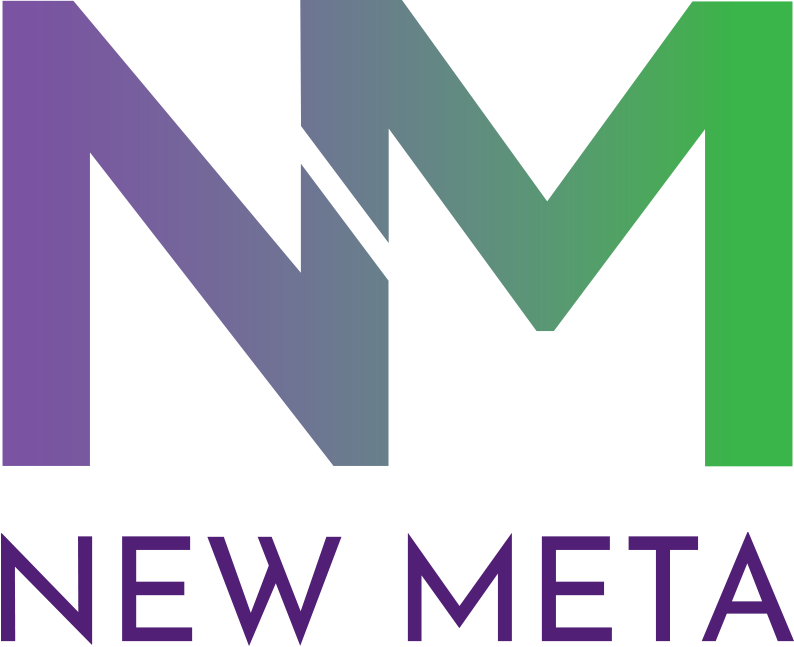
The Dilemma of Diversity: Comics and Beyond | By: Jordan Fash
1. What does Galactus do when he gets indigestion?
2. What do we mean when we talk about diversity?
I’m still working on the first one, but I do have a few thoughts on the second. Diversity is a term that seems to mean different things to different people and often elicits a lot of varying responses. Regardless, diversity has become a frequent topic in recent years, both for society in general and specifically in regards to media. Maybe it’s just the amount of time I spend thinking about nerdy stuff and reading about it online, but diversity in movies, games, and even comics feels like something I’ve seen and heard brought up more often than ever before. These discussions often center on the companies or storytellers who are trying to do this and the consumer responses to it. The most obvious attempts at diversity are seen through depicting characters who are minorities, women, or displaying sexualities other than straight. Along with these can come themes centering on these ideas. When a story is trying to do either of these, I’ve noticed there’s usually one of two creative approaches and corresponding responses from fans.
Sometimes an existing character is changed or reimagined to be more diverse. Comic examples of this would be Alan Scott or Iceman being revealed as gay, something not previously part of either character’s history. Other times a mantle is passed like when Jane Foster became Thor or Sam Wilson took over as Captain America. I’ve most often heard negative reactions to this approach as creators get accused of being lazy and at best undermining a creator’s original intentions or at worst destroying the character’s legacy. Personally I find the latter to be a bit dramatic, but I recognize the logic to this argument. As seen in most major companies pulling their support for Pride Month this year, it’s undeniable that corporations can and do try to use diversity as a way of appearing inclusive or passionate about a cause but only when it’s convenient. In this sense, representation can easily become a money making tactic which is something to be mindful of. However, I don’t think this should be reason to assume that every attempt at introducing diversity is a shameless cash grab or completely without merit.
Regardless, when these complaints are made, I’ve often heard the suggestion to just create an entirely new character. This idea has merit too; after all, while there are many well developed characters who are diverse in comics, for the most part these aren’t prominent, usually part of a support or secondary cast. It’s an undeniable fact that the most depicted characters in comics are straight white dudes. Nothing against being a straight white dude as I myself am one and I’m a big fan of myself. That said, most of these characters were created during very different times in history where white guy was the status quo. I would hope the world has gotten to the point where that’s not the defining trait of heroism. So we might actually need some new heroes after all. That said, there’s already great difficulty in getting new comic characters to catch on and a certain conundrum emerges even when this approach is taken. Stories featuring intentional diversity are often accused of being “woke” or it’s asked if “they have to put this in everything.” Then the mantra of “go woke, go broke” starts flying.
So if old characters can’t be changed and new ones are pushing an agenda, what’s to be done? At this point, if someone has both of these responses or such a generally strong reaction to diversity in comics, I have to ask if they really want diversity in storytelling. I would much rather someone be honest and say they mainly just want comics to feature straight white guys and maybe a few hot white girls and call it a day. I don’t think everything can be boiled down to this rhetoric, but I’d encourage people to reflect on what representation can mean to someone from another group. For me, all my favorite heroes have almost always looked like me. Much more muscular, of course, but relatively close. That’s not to say I couldn’t relate to other characters, but for people and kids especially, there’s something about seeing yourself in a hero through the similarities you have with them. This is often a reminder you that you can be a hero just like the larger than life characters you’re reading about. That’s what often leads to a deeper level of connection with these stories. When all your favorite characters do look or live like you, you don’t have to consider what the opposite would be like, but I’d encourage you to imagine what that would be like. If you’re a white person, imagine the Avengers lineup being 90 percent black with a few white characters. Or the X-Men all being gay with a straight character or two. I have to imagine you’d feel some kind of way about this and wish there was a bit more variety.
As I think about Pride Month, I feel what it should do most is raise awareness or at least generate conversation. At the end of the day, I don’t believe diversity and inclusion are bad things and they’re not taking anything away. In fact, they’re bringing more people into the fold of our glorious nerdy kingdom. It’s a real bummer to me when comic fans, a group that I know is familiar with what it feels like to be ostracized or bullied for who you are, doesn’t see the value in representation. Again, maybe that’s just me who felt insecure, made fun of, or an outsider for liking comics and toys, but I have to imagine I’m not the only one. The sentiment of, “I don’t have an issue with what you do, but I don’t want to ever see it or hear about it” is unfortunately a big problem too. The reality here, whether intentional or not, is the impression that you’d rather a certain type of person not exist if it were up to you. That way you’d never have to see them. With high rates suicide risk among gay and trans people, if even one person can be encouraged by a superhero being more like them, I’d say that’s worth making a few people feel uncomfortable who will end up raging online. I’d love to see a world where conversations about representation in comics move beyond the above arguments, or at least away from the out of hand dismissal that often occurs.
Once we do that, we can all get on the same page and finally tackle the greatest question of all: who in the Marvel universe makes cosmic Pepto Bismol strong enough for The Devourer of Worlds?
Share

